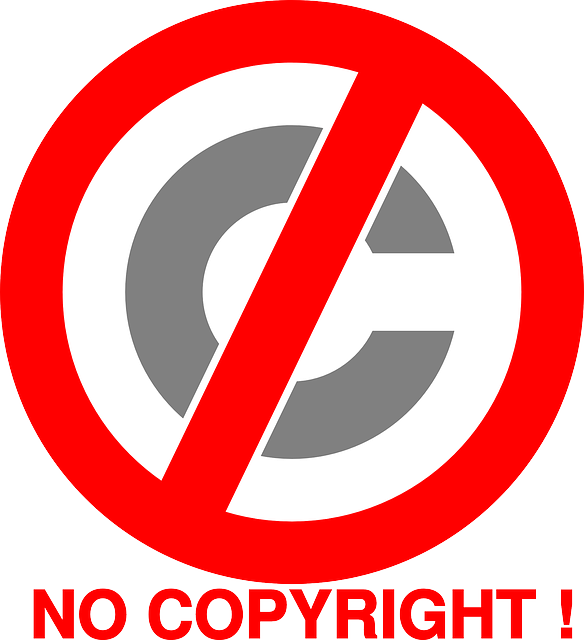
Please read the following article closely. I think there should exist a larger debate on this issue, especially how this applies to a website like Steemit. I wonder if this was taken into consideration when Steemit Inc. was registered as a company in one of the founding members of the EU, Luxembourg.
The European Court of Justice (the ECJ, “the European Supreme Court”) ruled three years ago that anything published openly on the web may be freely reused by anyone in any way on their own website. This ruling didn’t get anywhere near the attention it deserved, as it completely reverses a common misconception – the idea that you can’t republish or reuse something you happen to come across. The ECJ says that an open publication on the web exhausts the exclusivity of a work as far as the web is concerned, and that further authorization or permission from the rightsholder is not required for any reuse on the web after that, commercial or not.
[...]
The ruling was handed down on February 13, 2014, in the case of Svensson v Retriever, which was a case of a news snippets aggregator against Big Media. To the surprise of many, the European Court of Justice (the ECJ) ruled in favor of the news aggregator, Retriever. The ECJ focused on the concept of “communication to the public”, which is the specific action protected by exclusivity of the copyright rightsholder in the EU, and clarified that this concept — communication to the public — always means an act of communications to a new public, that is, one that has not previously been authorized by the rightsholder to take part of the work.
[...]
It follows, that if you republish the same work, but in doing so, you don’t reach any new potential receivers than those which could already access that work, you are not infringing on the rightsholder’s exclusivity — you would not be in breach of copyright. An example of such an action would be if you found something on an open website, and republished it on your own open website. You would be communicating the work to the public, but not to a new public that wasn’t previously authorized by the rightsholder, and so, no rights would be infringed and no permission would be required.
Source
Image source: Pixabay
